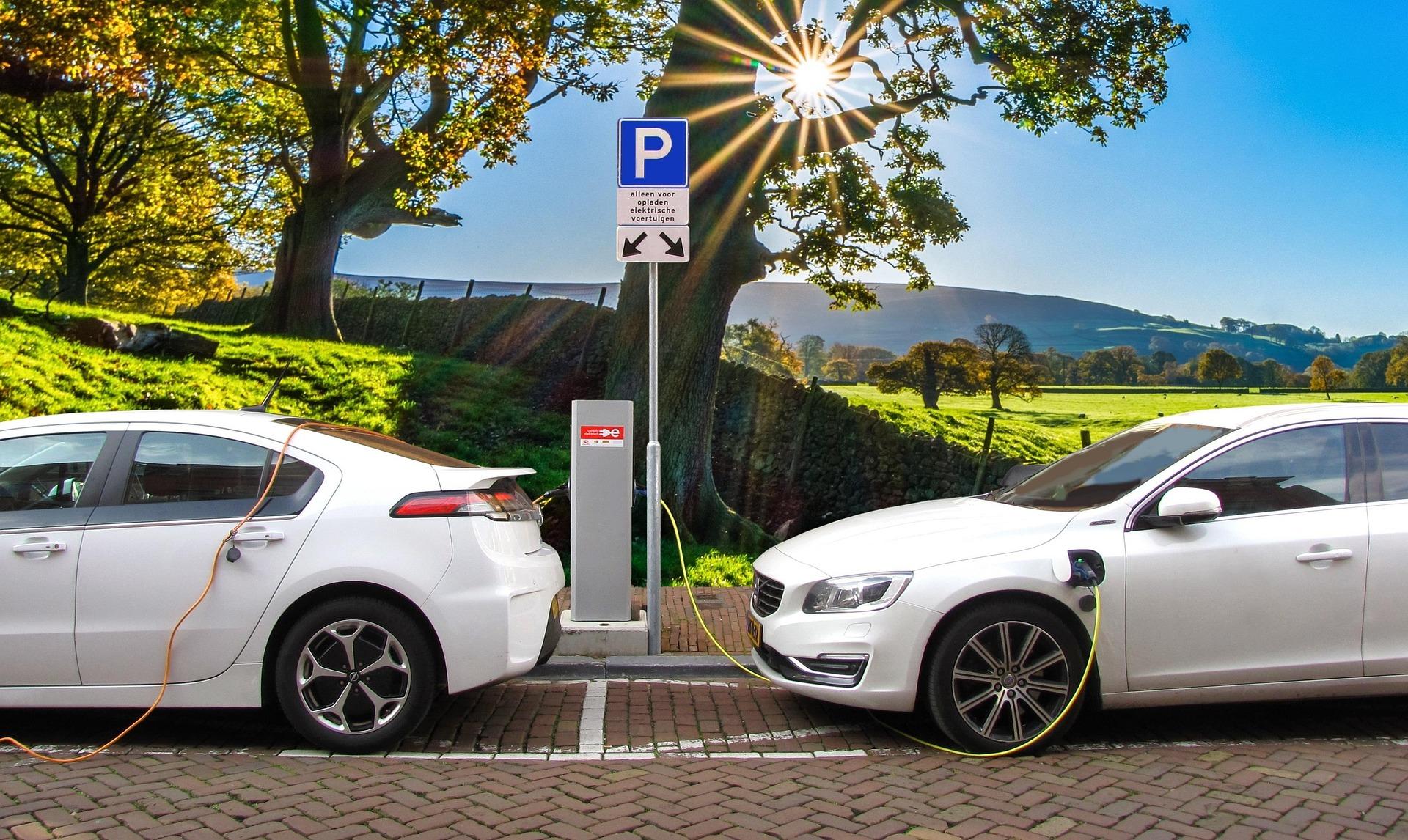
Indian carmakers are lobbying to delay the reduction of electric vehicle (EV) import tariffs until 2029, fearing that early cuts could impact domestic manufacturers. Currently, import duties on EVs stand at around 100%, and automakers propose a phased reduction to 30% after 2029. The Indian government is considering including tariff cuts in a trade deal with the U.S., raising concerns about setting a precedent for similar agreements with the EU and UK. This article explores the industry's stance, trade negotiations, and the implications for India's EV sector.
Phased Reduction in Tariffs
Currently, India imposes import duties of up to 100% on fully built EVs. According to sources cited by Reuters, automakers are proposing a phased reduction in tariffs, beginning only after 2029, with the aim of eventually bringing the rate down to 30%. The industry argues that an immediate reduction in import duties could hurt domestic manufacturers who are still scaling up their EV production capabilities.
Impact on Trade Negotiations
The Indian government is reportedly considering including EV tariff reductions as part of its initial trade agreement with the United States. However, local automakers fear that any agreement with the U.S. could set a precedent for similar demands from the European Union and the United Kingdom, complicating future trade negotiations.
A delay in reducing EV import tariffs would provide Indian carmakers more time to develop their own EV ecosystem, expand manufacturing capabilities, and establish a stronger supply chain before facing competition from global EV giants like Tesla.
Balancing Growth and Trade Deals
India is actively working to position itself as a global hub for EV production. While reducing import tariffs could help bring in advanced EV technology, the government must strike a balance between fostering local manufacturing and opening up the market to international players.
The discussions on tariff reductions and trade negotiations are still ongoing, and it remains to be seen how the government will navigate industry concerns while advancing its EV transition goals.
Disclaimer: The information in this article is based on sources cited by Reuters and government insiders. Developments in trade negotiations and tariff policies are subject to change. Readers are advised to follow official announcements for the latest updates.




